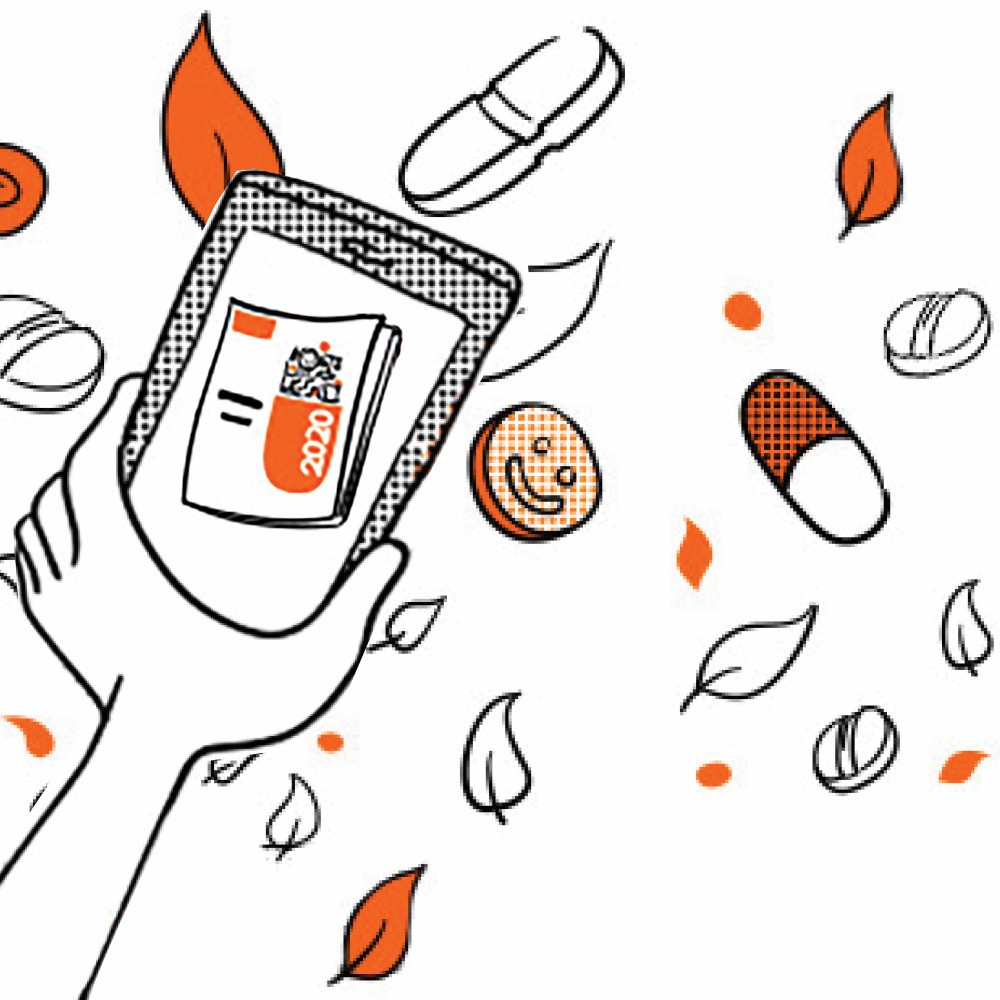From print to pixels

Matters of Substance is turning over a new leaf. Communications Manager Stephen Blyth shares our vision, and how we got there.
When the new-look Matters of Substance magazine was released in February 2007, stories covered hotly debated topics. Party pills were making headlines again. Under pressure to make a hasty decision about scheduling BZP, the Drug Foundation welcomed then Health Minister Jim Anderton's decision to take time to consider the evidence. There were stories on medicinal cannabis and pain, Big Tobacco and alcohol advertising.
Writing in the editorial, then executive director Ross Bell set out what the Drug Foundation wanted the magazine to achieve. "Matters of Substance aims to be an honest broker in those policy debates, while remaining staunchly committed to the Drug Foundation's fundamental principles." He went on to say we won't apologise for taking a strong editorial position.
Forty-nine issues later, those words remain the same. We have published dozens of articles about the hot issues of the day, as well stories of healing and hope. There has been a heady mix of fact and opinion, with the aim of contributing to vital debates on surrounding public health and drugs in Aotearoa.
Thirteen years later -- at the end of this extraordinary year -- we are once again stepping into a new era of publishing. As I noted in the August 2020 magazine, it is more pressing and relevant than ever for the widest group of people to understand the issues around drug policy and harm reduction. Our aspiration is to reach more people, and to engage more people in debate. This means going to where people are consuming their media.
From today, features, opinion and other stories will be regularly published online. Shifting away from the print magazine means we can cover the important issues in a more timely and responsive way. It opens the way to connect with sources of insight and evidence. We will share widely via our website and social media, as well as hitting inboxes too. And with more space, we can ensure much-needed diversity of views.
To contribute to debate and learning we are committed to publishing quality journalism. Part of the job is demystifying the wilder rumours circulating about drugs. We also want to offer motivation and insights for people on their healing journeys. As well as commissioned pieces from old and new faces, we will continue to share our expertise.
The future of the print magazine is something we'll come back to. Once we see how people consume new content , and get feedback from our readers, we’ll take time to debate this some more. Sitting down to read a magazine is a rare treat in our digital age, so the final decision on a change of format will not be taken lightly.
For now, take some time to read the first new article we are publishing today. Journalist Oli Lewis asked some sector leaders what their hopes are for the new Government, see Constant pressure.
We have more stories lined up to publish over the coming weeks, so make sure you check back regularly, or sign up for email notifications.
Happy reading!
Recent news

Beyond the bottle: Paddy, Guyon, and Lotta on life after alcohol
Well-known NZers share what it's like to live without alcohol in a culture that celebrates it at every turn

Funding boost and significant shift needed for health-based approach to drugs
A new paper sets out the Drug Foundation's vision for a health-based approach to drug harm

Expert Pharmac committee recommends funding for overdose reversal nasal spray
The expert committee has said funding for naloxone in the community should be a high priority

